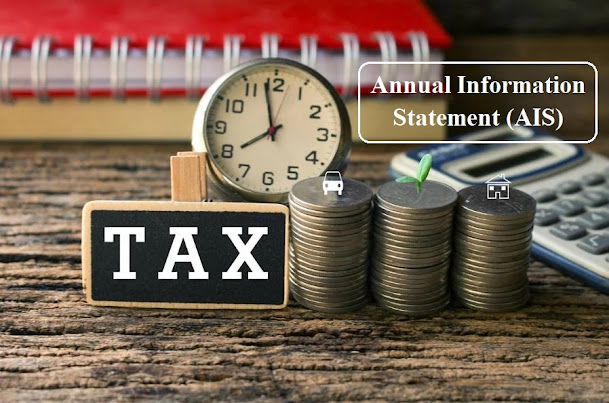Financial Reporting and Audit Requirements for WOS, LLP &JVs in India
India has complex regulatory and tax requirement with lot of compliance to be done under various laws and statutes. Therefore, post company registration in India, every company must take into cognizance various compliances to be done under various regulations in order to avoid penalty and interest.

In this article, we will be discussing about the compliance requirements for WOS, LLPs and Joint Ventures in India under various regulations post company incorporation in India.
1. Accounting or Book Keeping
The books of accounts are to be maintained as per the Indian Accounting Standards by every entity. Also, all the supporting documents for the same are to be maintained as well.
2. Financial Statements
It is mandatory for the companies to prepare its financial statements and records for providing a true and fair view of its transactional history to the members and shareholders.The financial statements include the company’s following documents as well-
a. Balance sheet at the end of the financial year
b. Profit and loss account for the financial year
c. Income and expenditure account for the financial year
d. Cash flow statement
e. If applicable, the statement related to the changes in equity
f. Any explanatory note that is part of the above documents are must be attached with them.
3. Payroll
All the entities are required to maintain its employee’s data and payroll processing on monthly basis to comply with the Indian labor laws and social security norms.
4. GST Audit
Conducting a Goods and Services Tax Audit or GST Audit is also mandatory where the aggregate turnover of the company through sale of goods and services is above RS.5 Crore in a financial year. It must be conducted by Indian Chartered Accountant or firm. The sue date is provided as on or before 31st December each year.
5. Statutory or Financial Audit
The entities are required to conduct a financial audit or a statutory audit to get their accounts audited and verified by an auditor, an Institute of Chartered Accountants of India (ICAI) registered Chartered Accountant or firm. It is the sole responsibility of the auditor to report whether the prepared annual financial statements and accounts books are complying with the Indian Accounting Standards. The due for conducting a statutory audit is on or before 31st October of each financial year.
6. Tax Audit
A tax audit is required to be conducted in the company if its turnover or annual gross receipts is more than Rs.5 Crore as specified by the statutes. It must be conducted by a Chartered Accountant firm registered in India. The report of the tax audit is to be uploaded and submitted to the Income Tax Authorities on or before 31st October or 30th November (as notified by the government or tax authorities) each year.
7. Transfer Pricing Audit
A Transfer Pricing Audit must be conducted by an Indian Chartered Accountant firm in all entities. In case the company has entered any international transaction with the associated organizations or has entered into any specified transaction domestically, where the transactional value is more than Rs.20 Crore in a financial year; then through Form 3CEB a tax audit report is to be submitted to the income tax department. The due date for the same is on or before 30th November each year.
It may be noted that aforesaid financial reporting and audit requirement is same for each type of incorporated entity whether it is wholly owned subsidiary or normal private limited company or LLP.
Further, noncompliance of audit requirement may lead to heavy penalty. Accordingly, it is advisable for every company to take note of aforesaid compliance in order to avoid any legal hassles.

Comments
Post a Comment